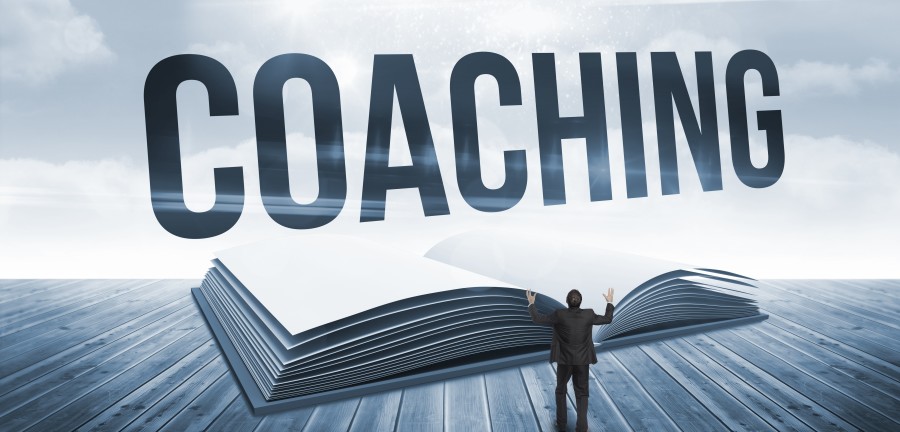When I see a youth hockey coach yelling on the bench, and no one seems to care, I feel like I’m in Bizarro World. Why do youth coaches scream?
I’ve been a teacher, my parents were teachers for decades, and many of my mentors are teachers. None of the best teachers I have had used yelling at their students as a great motivator or teaching technique. I remember a fantastic teacher from my grad school program (Master of International Education), who said she made a promise to herself and her students 15 years ago she would never need to yell to get her point across. She was soft spoken, yet held the attention of her students like a drill sergeant!
As youth hockey coaches, we need to think of ourselves as teachers first. Teachers, mentors, motivators, counselors, leaders, etc. all have a responsibility to earn the respect of our ‘students’, we can’t simply demand it. I’m not saying coaches should show no emotion, but I am saying a grade 5 math teacher will deliver a stronger message communicating with a student in a calm, rational, and educational tone, more so than by screaming in the face of a ten year old.
Yelling instructions to the puck carrier is futile:
- Players can’t hear you through the buzz of the arena, the helmet, and acoustics anyway.
- They just hear a barking voice that scares the heck out of them and paralyses their decision making ability. Congrats you just forced a turnover that didn’t need to happen!
Alternatives to screaming from the bench:
- Keep your white board handy on the bench.
- Use it to diagram to teach kids on the bench, not the ones on the ice.
- Catch your players doing something great and tell them!
- Sandwich constructive criticism in between celebrating success.
- Hold your players accountable by laying out expectations, so it is very clear what your expect from them.
- If behaviour is an issue (not performance), take away what they want most, ice time. Don’t confuse this with making mistakes. Honest mistakes must be tolerated. Inappropriate behaviour must not.
- Increase your own knowledge of the game. The better you understand the fine details of the game, the more confidence you have to actually teach your kids. Coaching becomes less about ego and winning, and more about sharing your expertise with kids who desperately want to learn from you!
Next time you are at the rink watching a youth game, observe both benches. The contrast is often mind blowing. Look for a coach teaching players on the bench with his/her whiteboard, and compare to a coach screaming at players and refs. Then decide what bench you would want your own child to be on. No brainer right?
Increase your confidence teaching the fine details and tactics of hockey?
[button link=”www.howtoplayhockey.ca” size=”small” variation=”orange” bgColor=”#ff9300″ textColor=”#ffffff” align=”left” target=”blank”]Learn with us.[/button]






